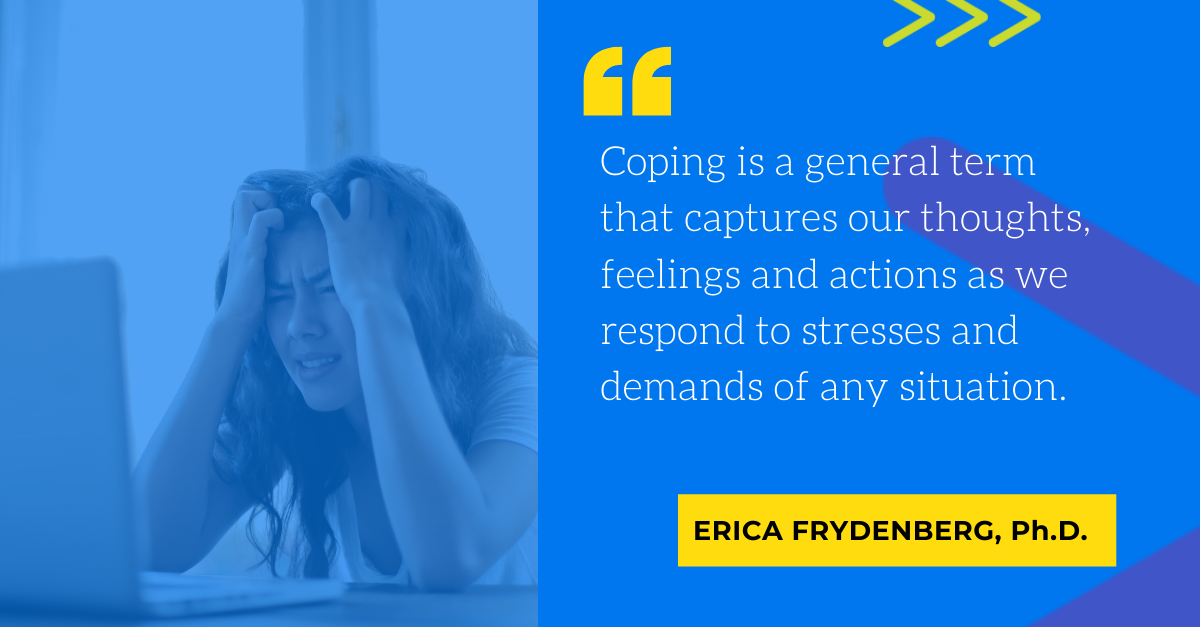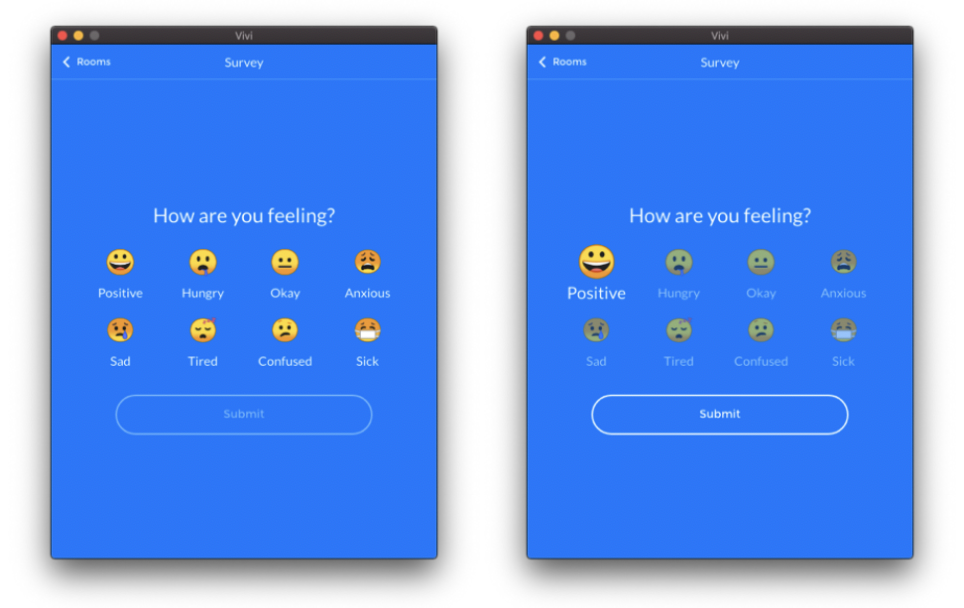
Developing effective coping strategies during COVID-19 is essential. And not just for adults and children who already experience varying degrees of anxiety and depression.
Erica Frydenberg, Ph.D., an Associate Professor of Psychology at Melbourne University, a world-leading psychologist in the field of adolescent coping and an acclaimed writer, defines coping as ‘our way of dealing with our world and the problems it dishes out.’
During times of crises – such as the current global pandemic – feelings of worry and unease will inevitably intensify. The Australian Psychological Society (APS) says that while the number of coronavirus cases rise across Australia, the level of anxiety within the community is inevitably increasing.
But there are in fact useful strategies which can help both adults and children cope with the stress or anxiety experienced as a result of the outbreak.
Frydenberg writes that coping is about how we view a situation and choose to respond to it. “Our thoughts affect our feelings and actions. If we can make our thinking more positive, then we will feel more positive and will be able to act in a positive way.”
Here are three important coping strategies that can help both adults and children lessen the psychological effects of the coronavirus.
1) Examining wellbeing
As highlighted by the World Health Organization (WHO), ‘health is not merely the absence of disease or infirmity but a state of complete physical, mental and social wellbeing’.
For adults, it’s important to not only focus on the wellbeing of children, but of themselves too. And while everyday life can present its own challenges, life during social isolation can be agonizing.
Frydenberg suggests adults spend around 20 minutes per day reflecting on their own self-care and use a version of the below ‘checklist’ to breakdown their activities.

The current situation faced by children will no doubt see many become frustrated, anxious, despondent and/or disengaged.
Remote learning will present unique challenges for students, their parents and teachers. But before we look at ways children can navigate remote learning, we must better understand how they are feeling. Remember, when children are worried or afraid, they’re less likely to express it.
With this in mind, Vivi has developed a remote student feedback tool that can help schools better understand how students are coping during these most unusual circumstances. All responses are confidential, and the data is collected and presented in easy-to-understand ways that can help e-learning coordinators gain valuable insights into students’ wellbeing.

So, how do we help children with coping strategies?
Building a support network is also a great way of achieving the last point. If children have access to online communication tools, encourage them to share their learnings with peers to maintain a sense of engagement and collaboration.
2) Focusing on strengths
Emphasizing the strengths of children and encouraging them can have a huge effect on their wellbeing. Frydenberg states that it “can contribute to success and a feeling of accomplishment.”
She goes on to say that “we know from extensive work with children in school and family contexts that rewarding effort rather than outcomes provides encouragement for children to persevere or tackle additional pursuits and challenges.”
3) Study wise
With the challenges remote learning presents, devising a comfortable space and regular routine can help students develop helpful coping tools during school closures.
Dr. Frydenberg suggests the following ways students can get the most out of their day:
Conclusion
When we are stressed and anxious, it is easy to catastrophize and assume the worst-case scenario. But as teachers, students and parents, we can take measures to alleviate concerns by implementing a range of coping strategies that can help with how we all navigate this extraordinary situation.
Currently, there are many resources available through the works of Erica Frydenberg,Ph.D. that offer resilience, wellbeing and coping strategies for children. At Vivi, we have partnered with Erica to ensure we are in the best position to help transition everyone to this new world of remote learning and continue to drive engagement while developing the coping strategies necessary.